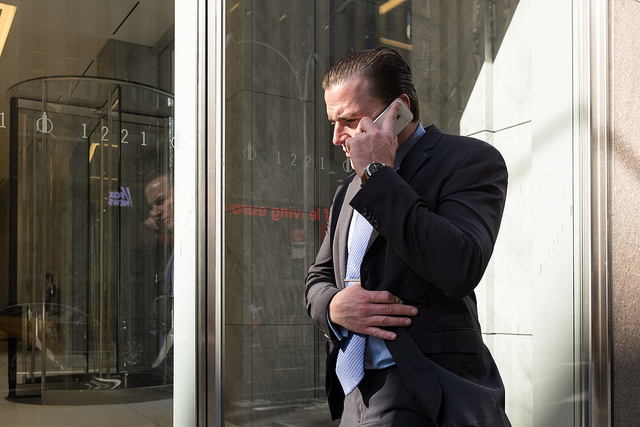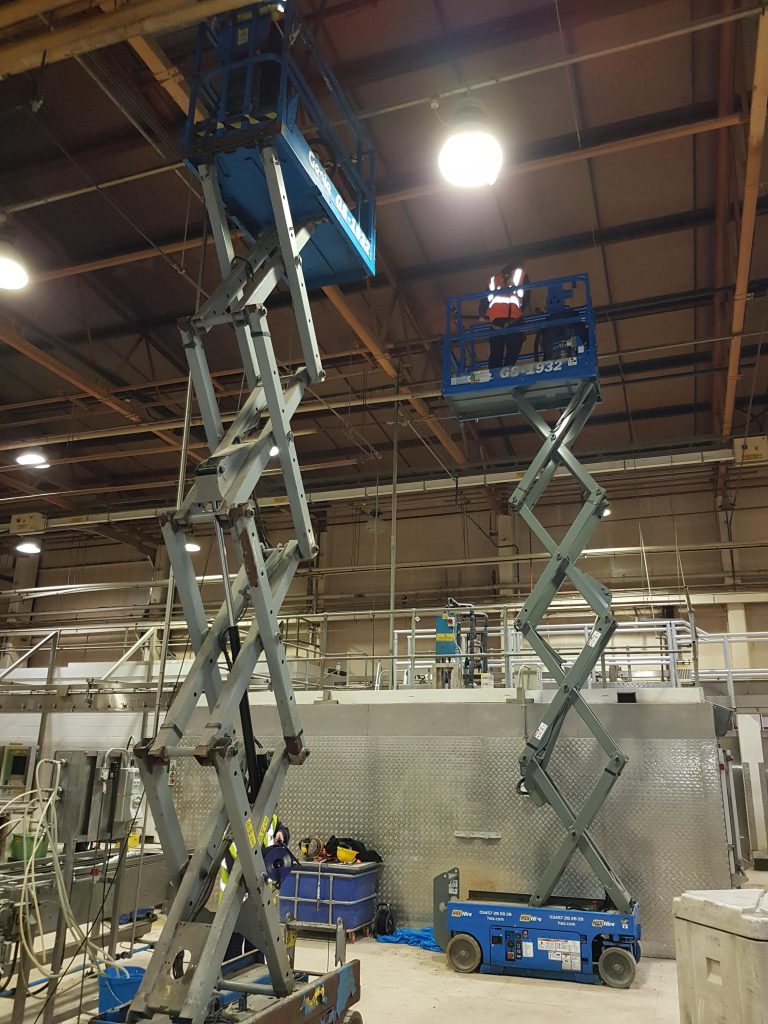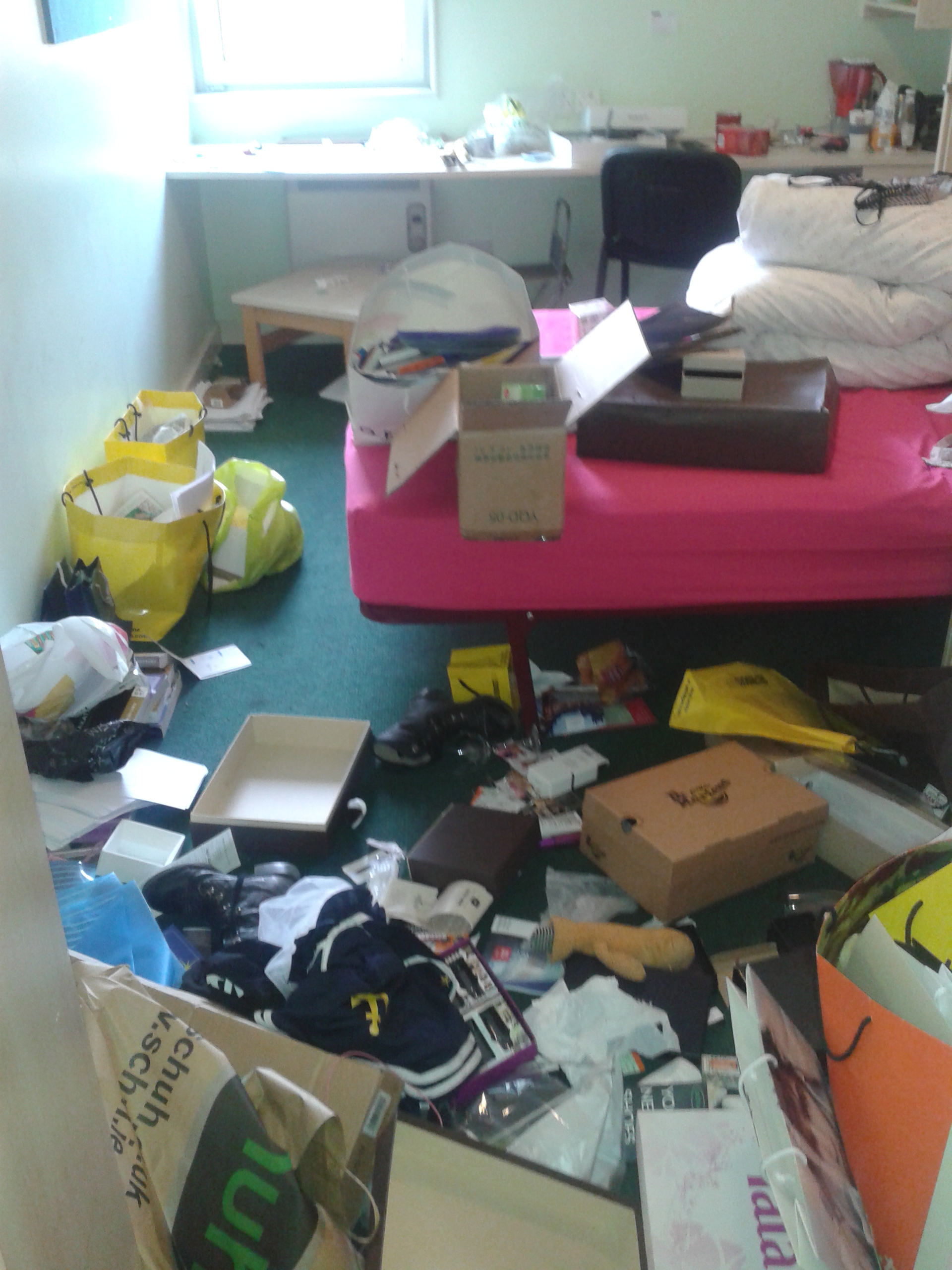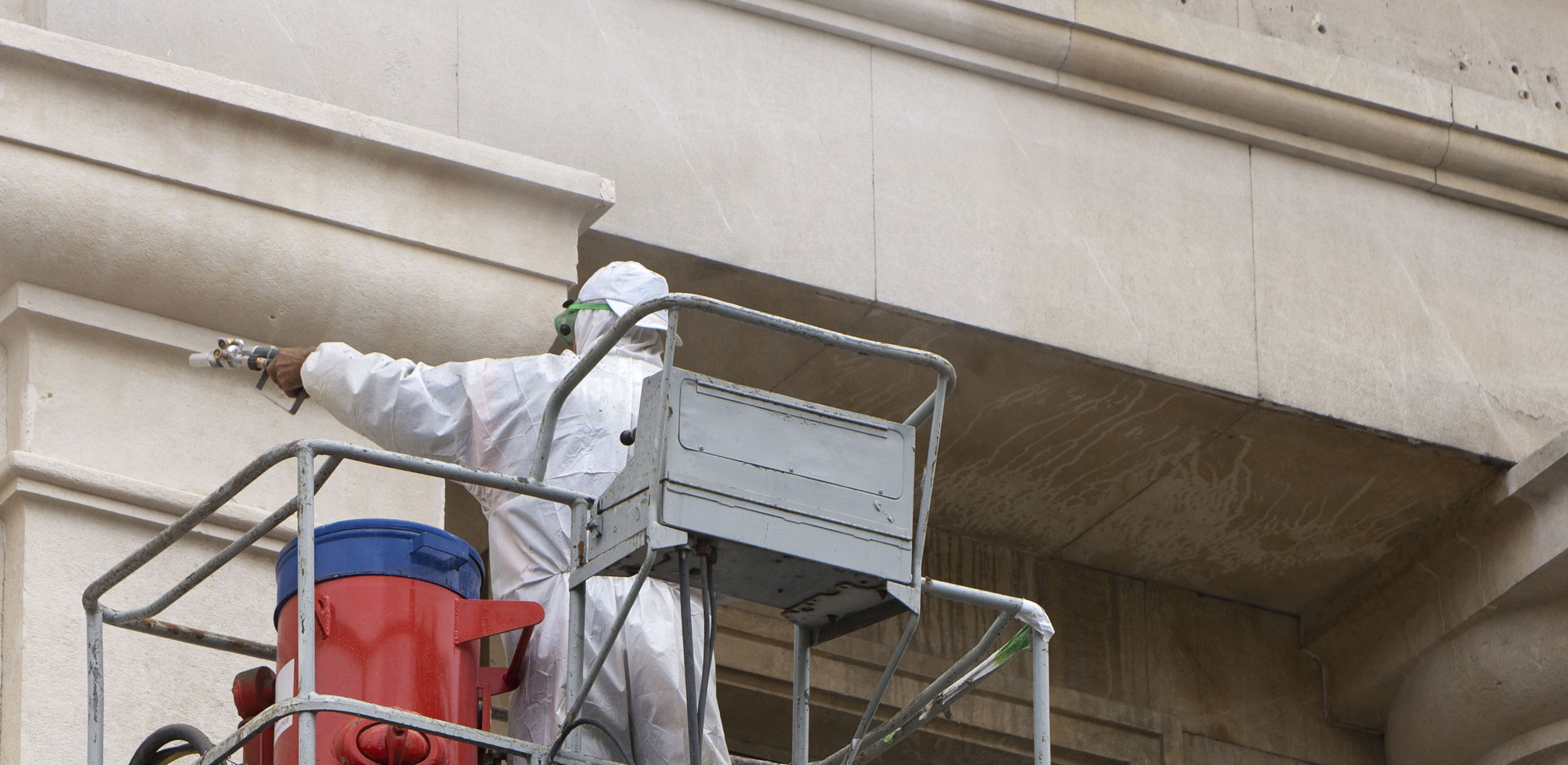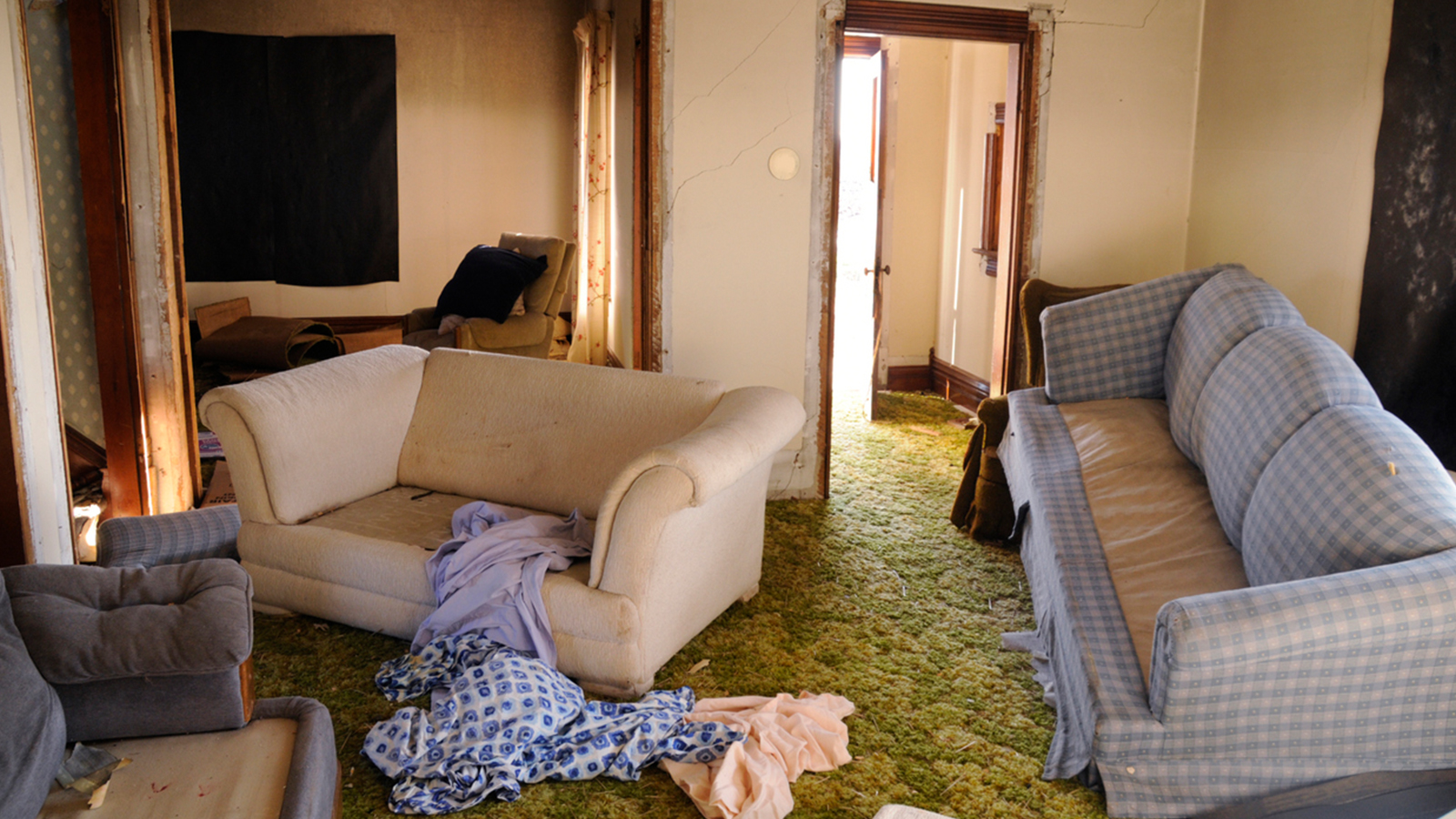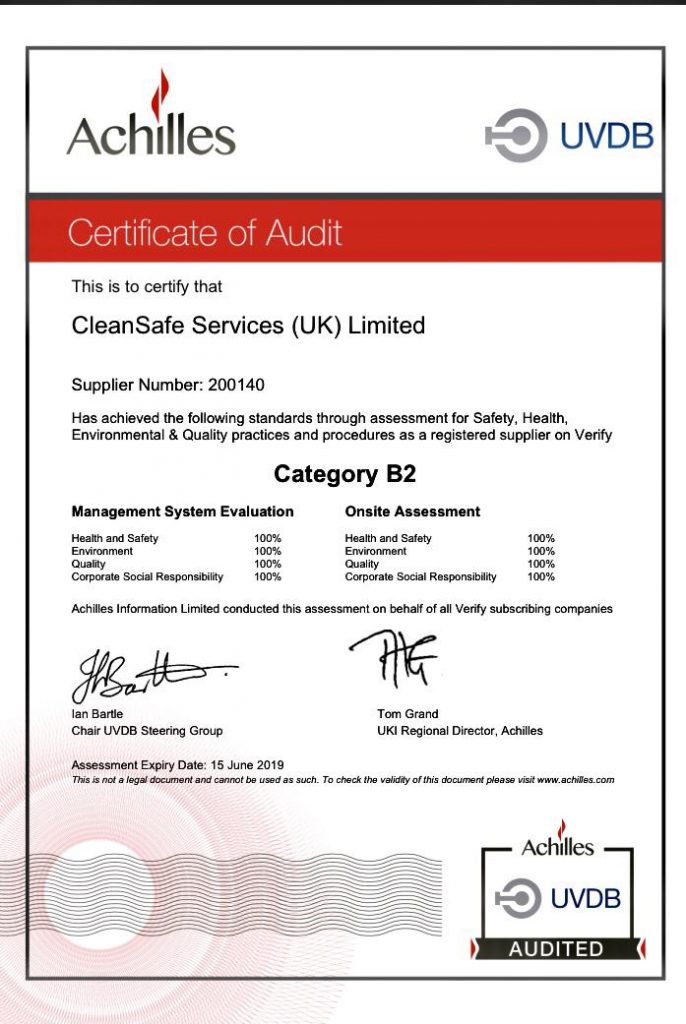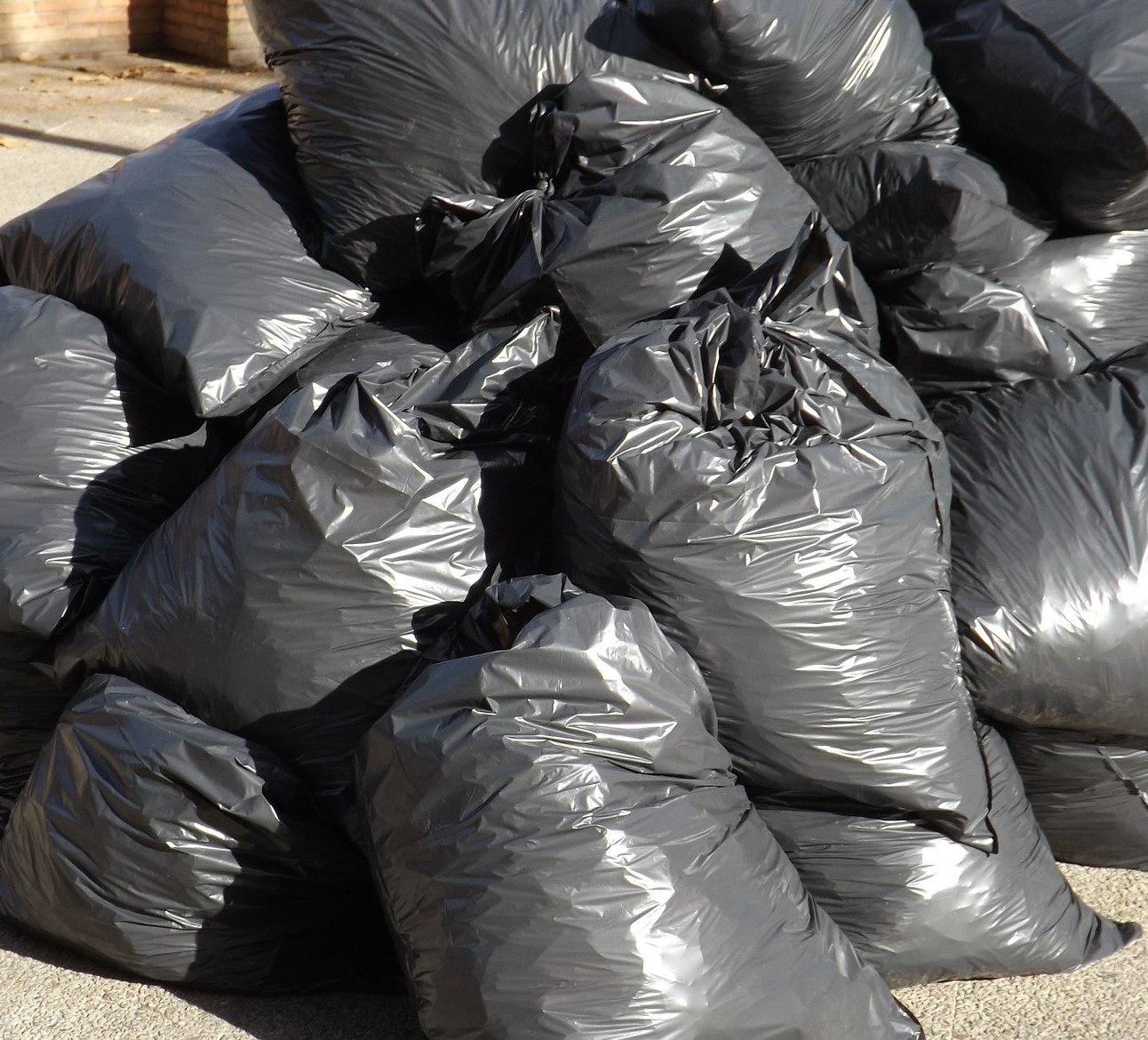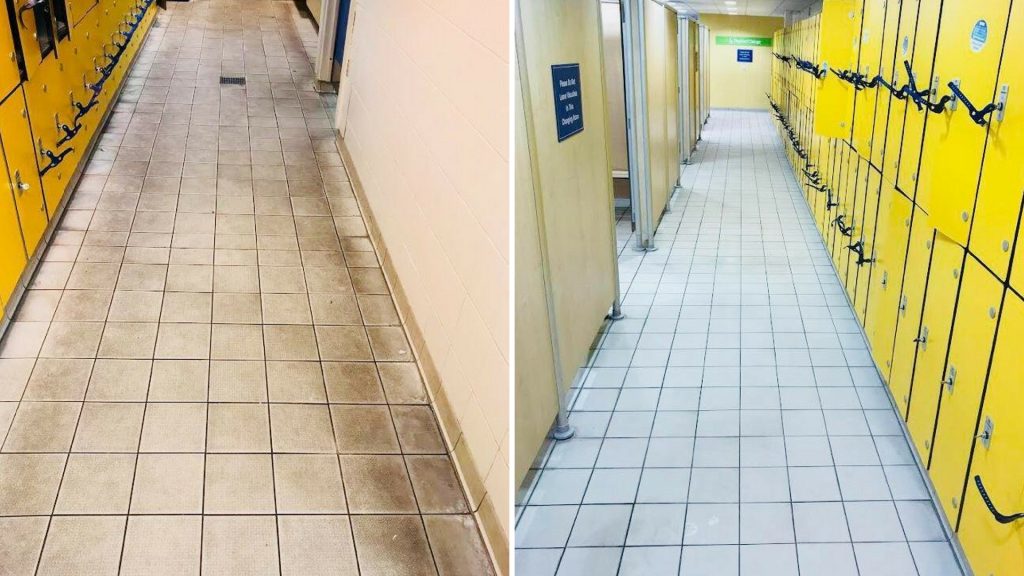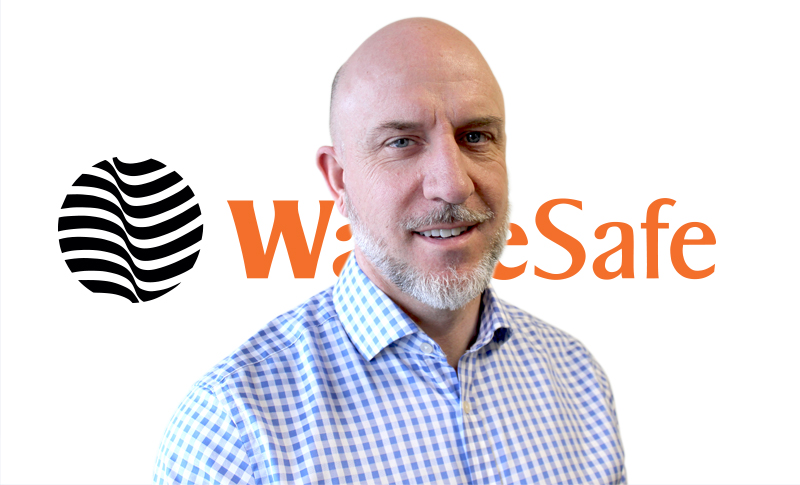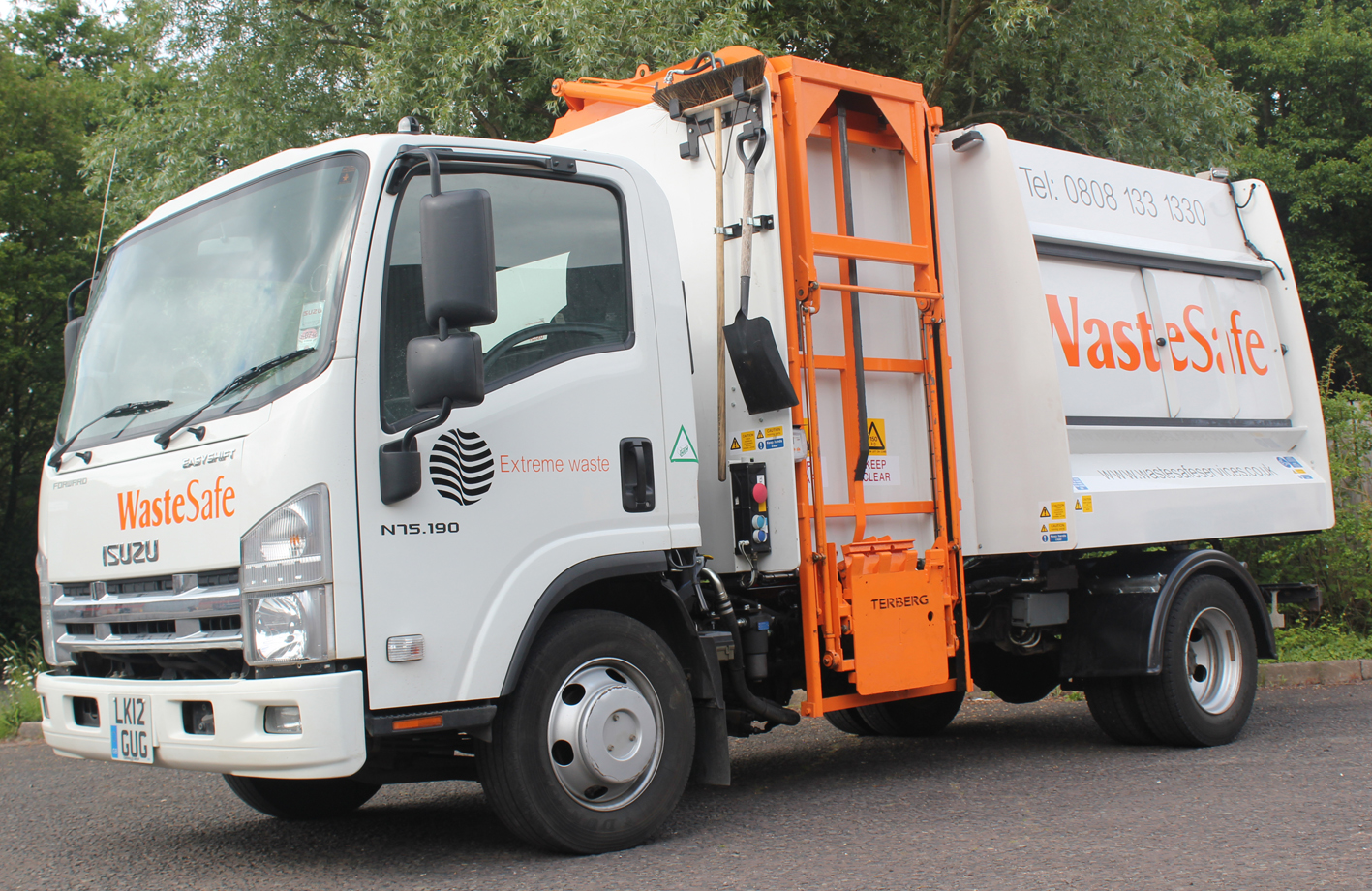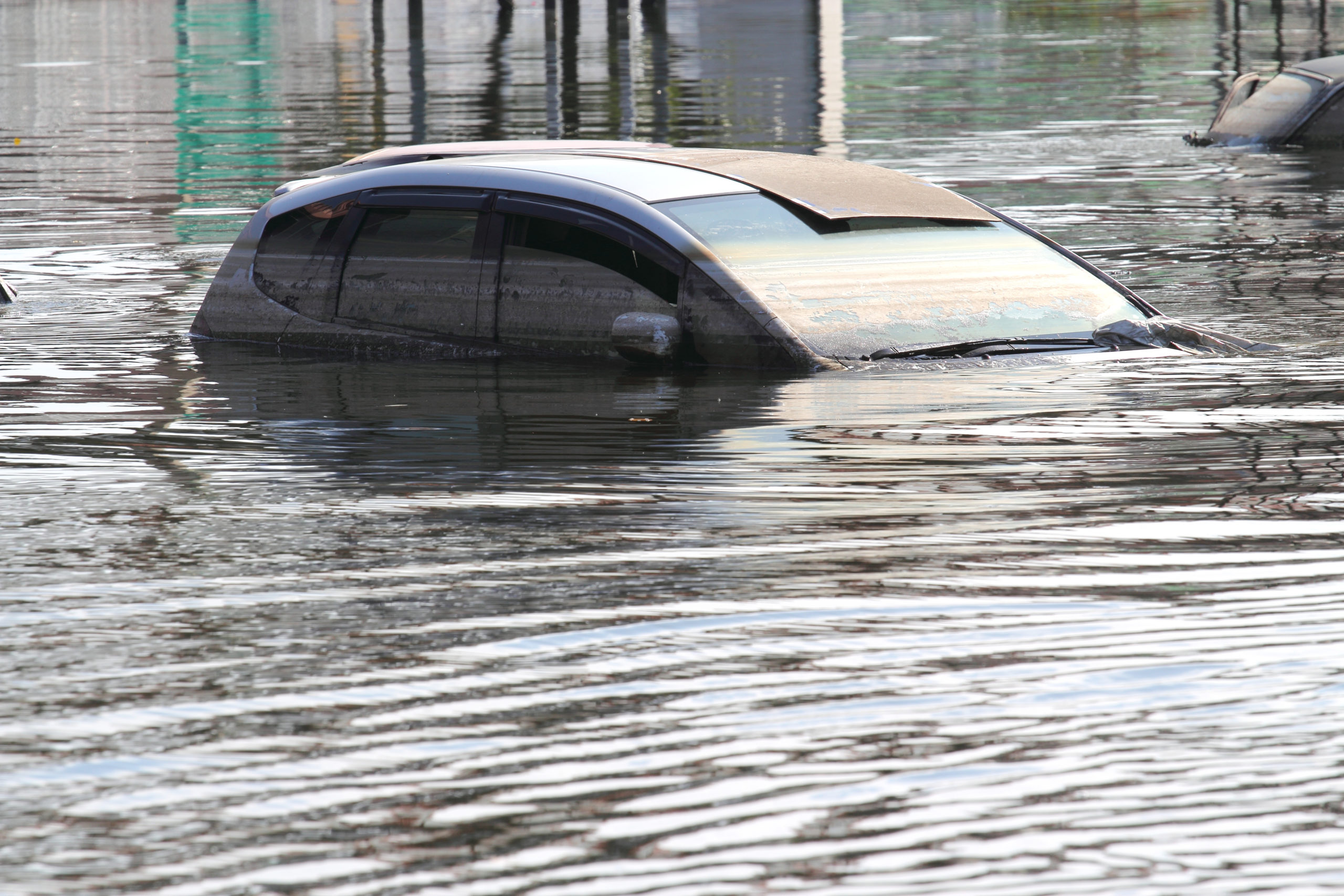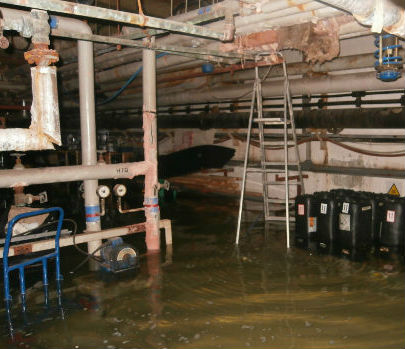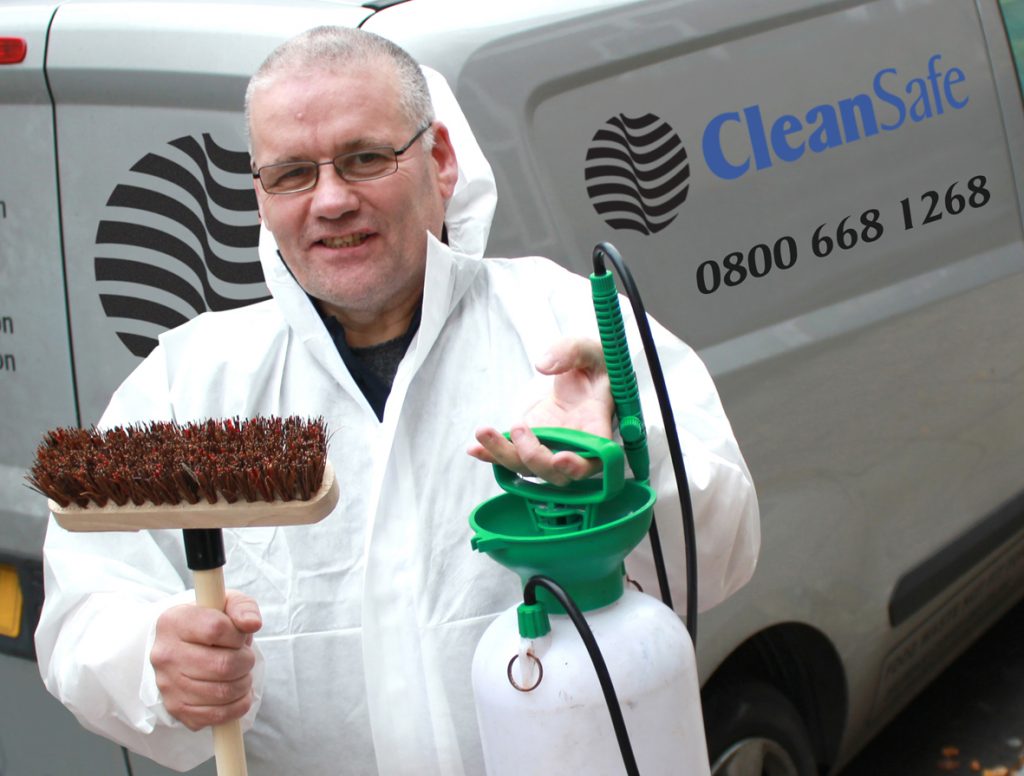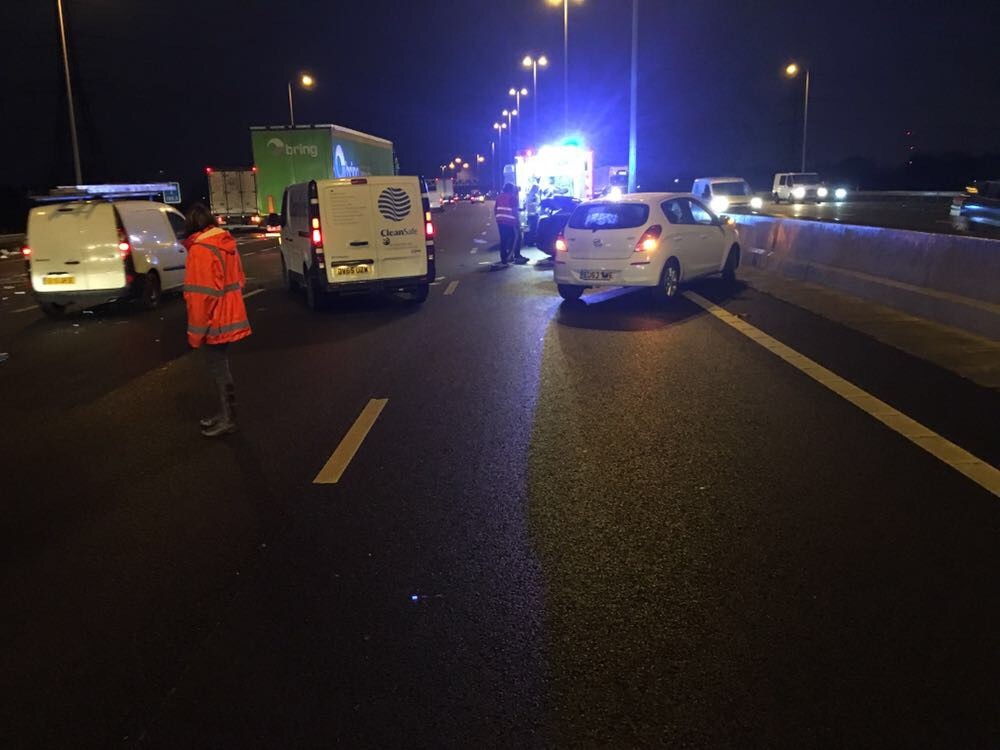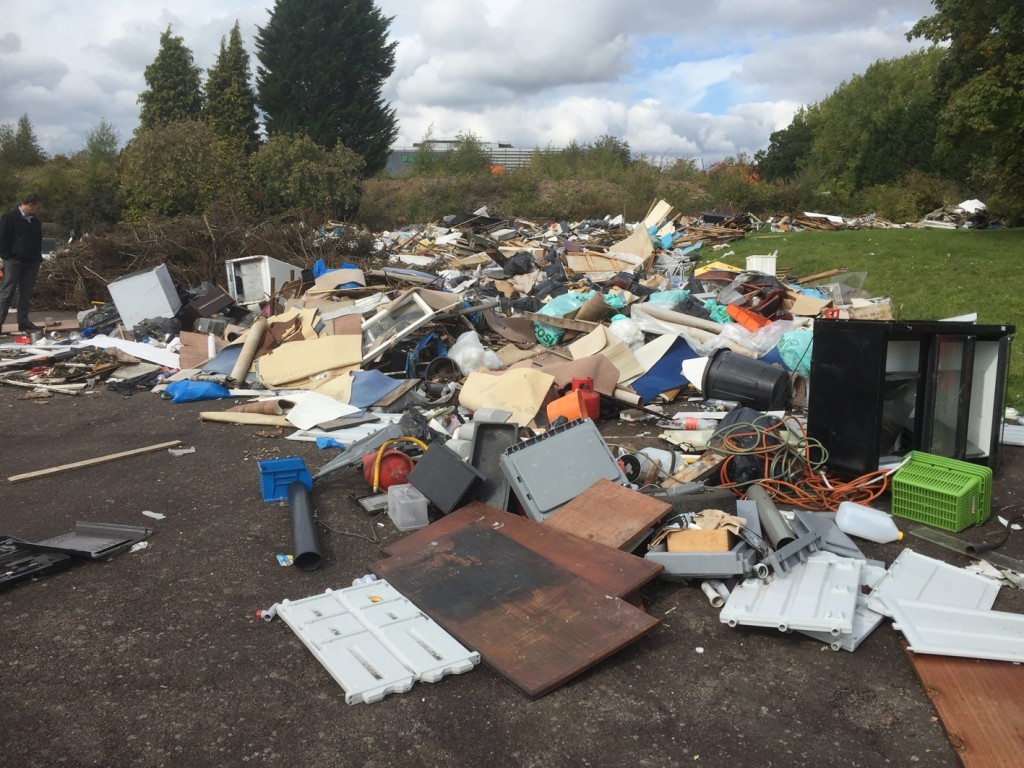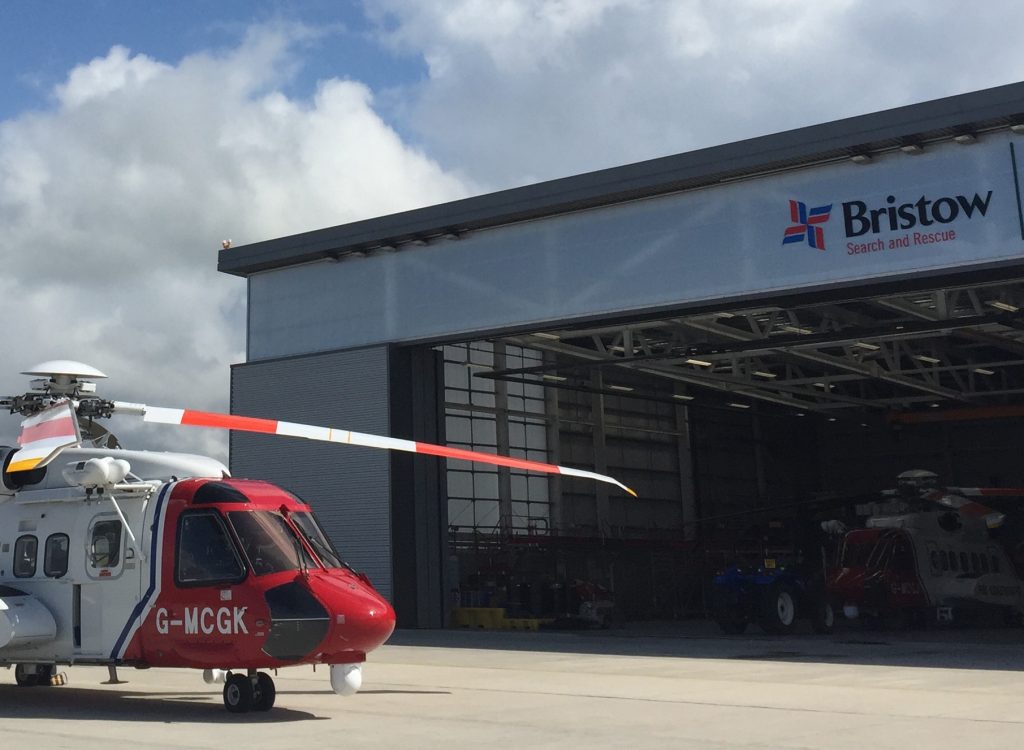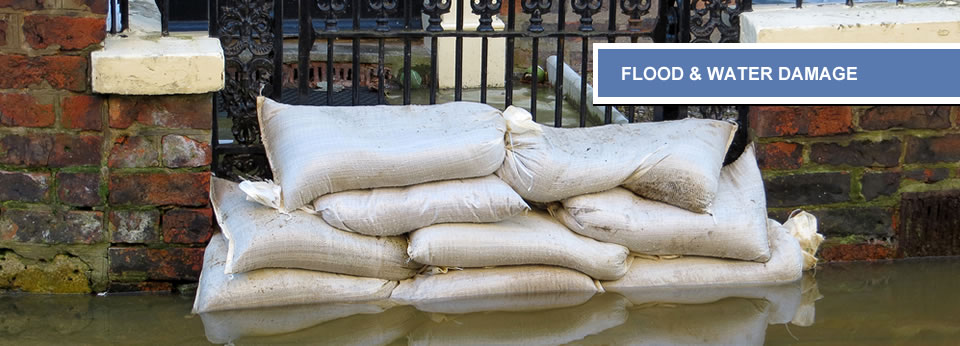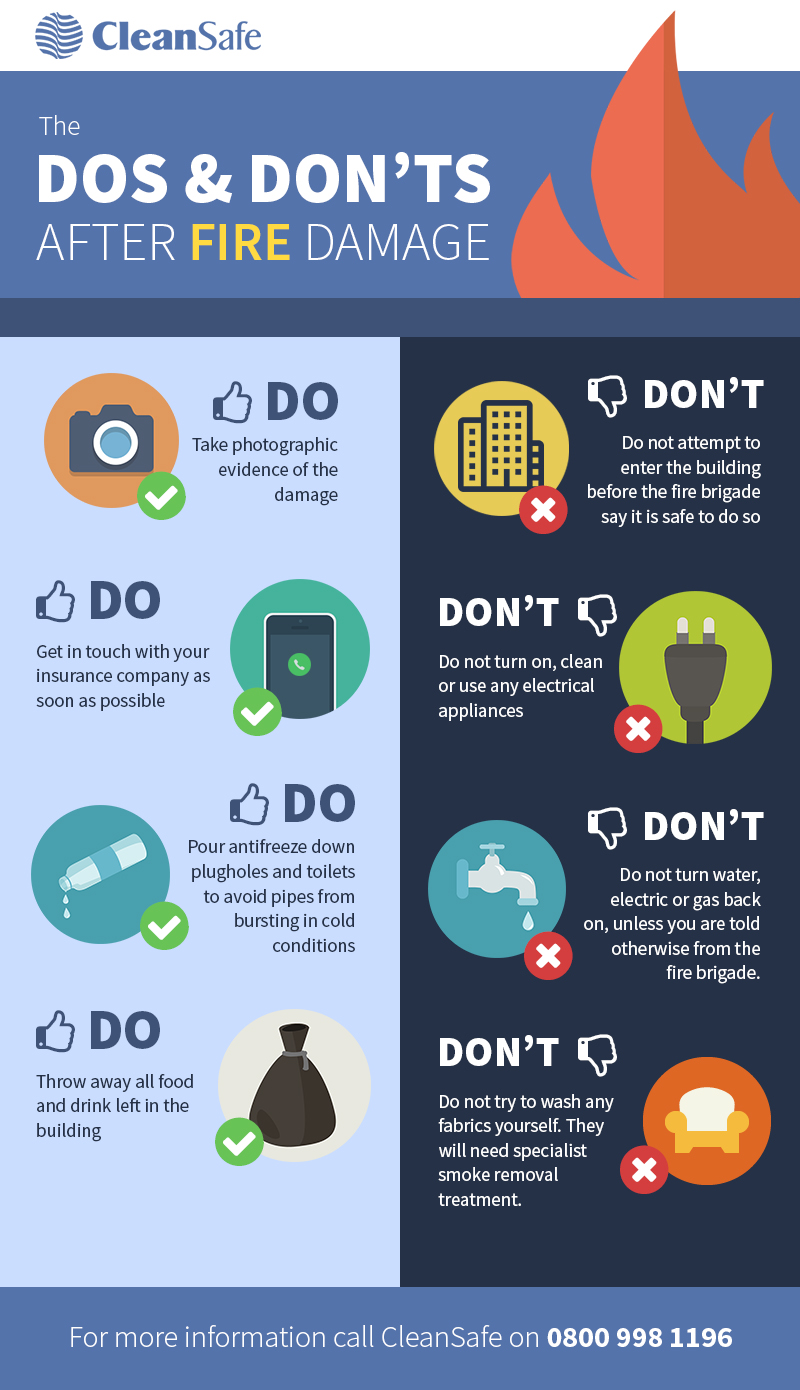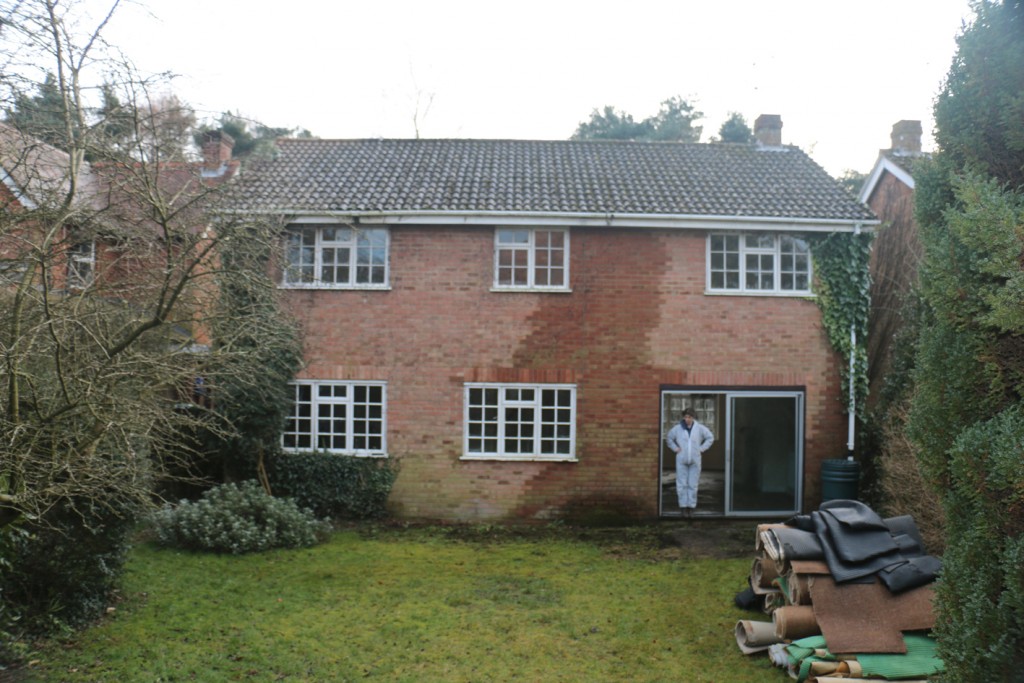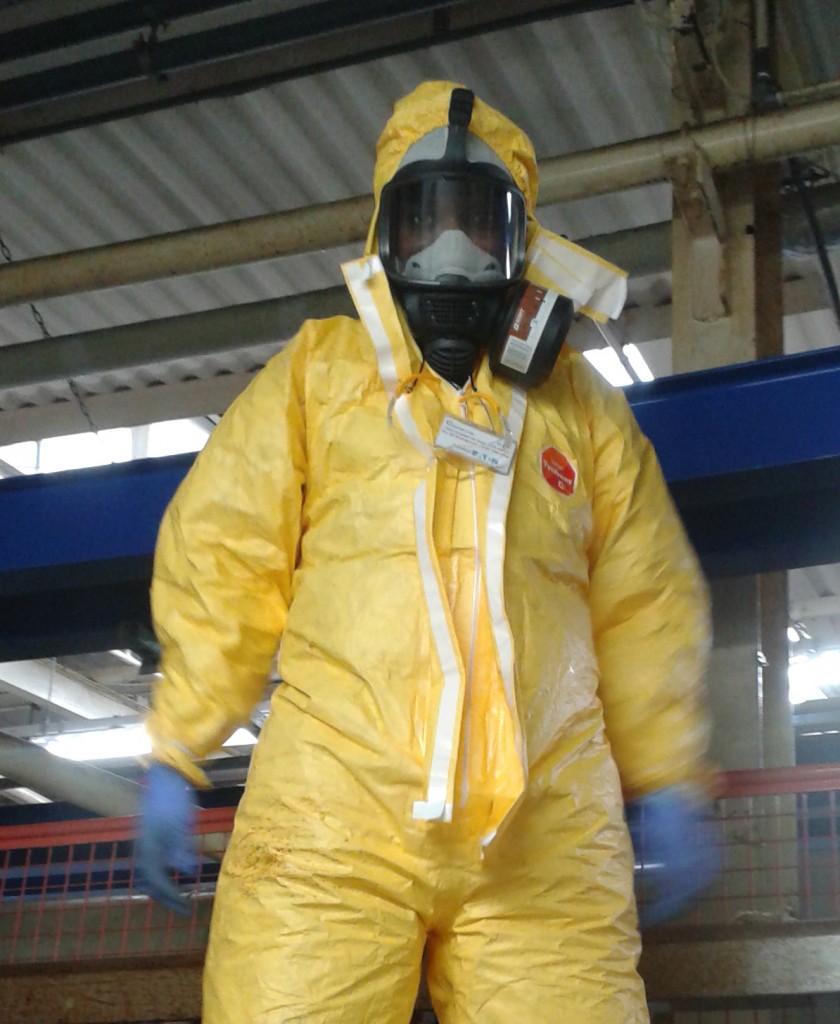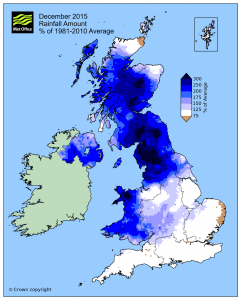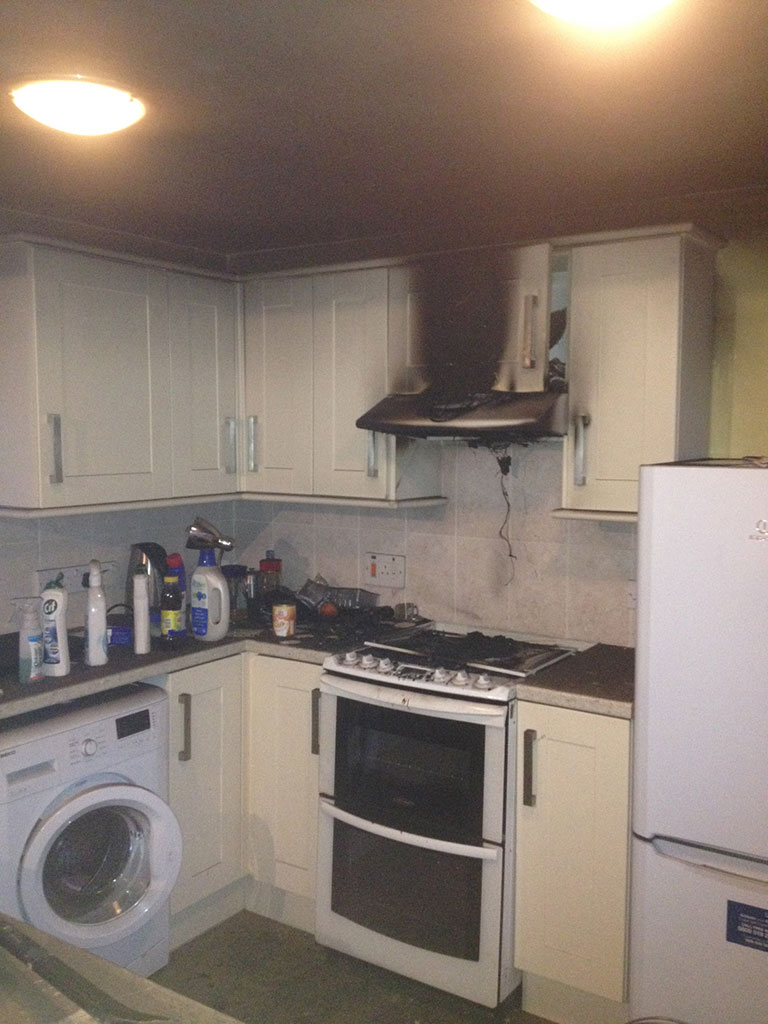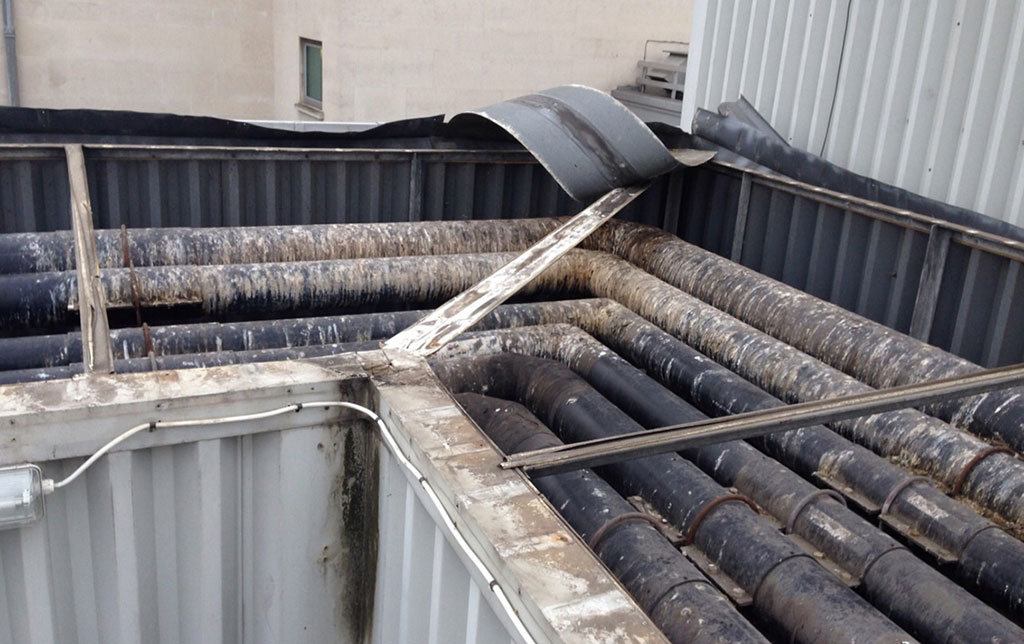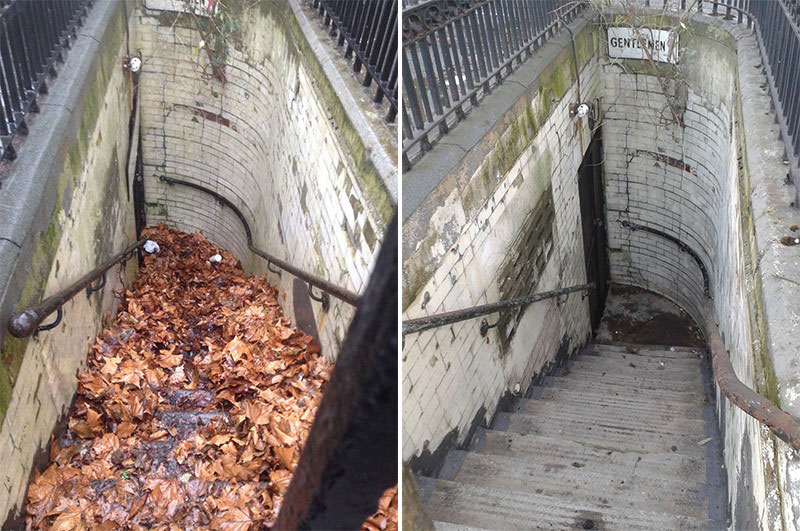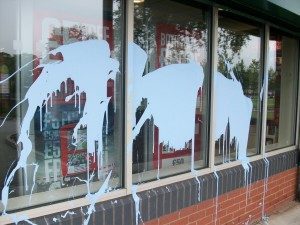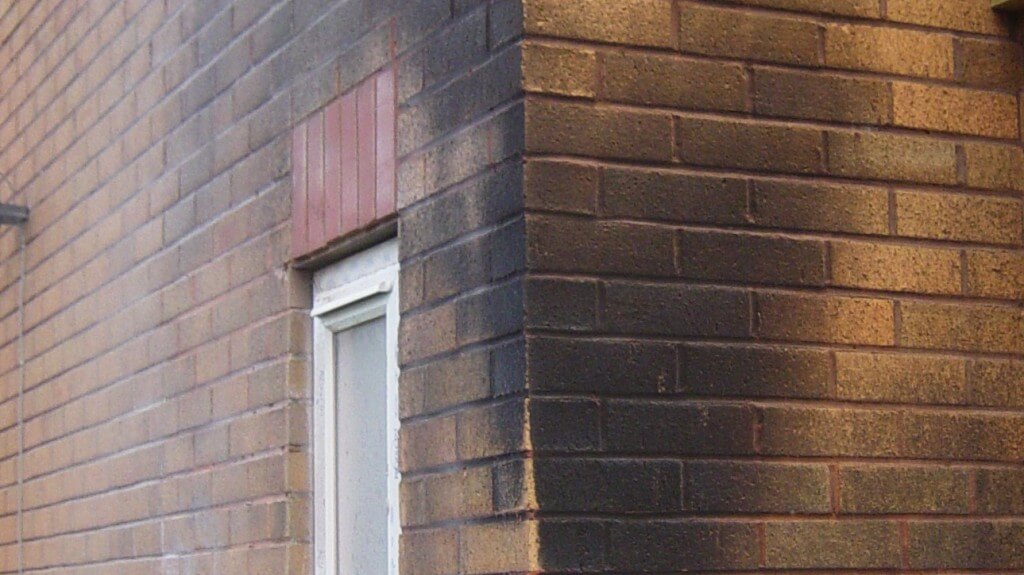Fly tipping, freezer breakdowns, product recalls and unscheduled waste events disrupt business operations. Depending on the scale of the incident they can turn into financial disasters without the right emergency waste collection plans in place.
Time is of the essence when it comes to unexpected waste incidents. Experienced Facilities Managers keep phone numbers for emergency waste collection services easy to find.
1. Immediate response to unexpected waste incidents
Facilities Managers need a rapid response service. Having the next waste collection scheduled for two days’ time is no help if the premises have had a sewage leak or a fly-tipping incident. Especially if the scheduled waste carrier has no experience of removing hazardous waste.
A specialist emergency waste collection service will remove the waste quickly and dispose of it correctly.
2. Unscheduled food waste
The priority in food recalls and refrigeration unit breakdowns is to get the food waste off the shelves and out of the freezers. Staff can then quickly re-stock shelves with products that customers can actually purchase. An emergency licensed waste carrier will get clients back in business without a hitch, causing minimum disruption to their customers.
It can be useful to ask whether the emergency waste collection service has ties with specialist cleaning services that can help to sanitise refrigeration units and shelving after a freezer breakdown or other food waste event.
3. Legally compliant waste disposal
Floods, fires, freezer breakdowns, fly-tipping, chemical spills or sewage leaks create hazardous waste. This kind of waste cannot be disposed of by a lone ‘man and a van’ arrangement.
A licensed emergency waste collection service will track the waste and guarantee that it has been disposed of legally.
4. Covering peak demand
Lean operations can mean reduced capacity for dealing with unexpected events. An emergency waste collection service will plug the gaps in the normal scheduled service and give extra support when needed.
Specialist emergency waste collection services help businesses cover holidays and periods of peak demand, seamlessly, while the business operates as efficiently as possible.
5. Safety and reputation issues
Safety will always be a paramount concern for Facilities Managers. Food waste, sewage leaks, chemical spills, fly-tipping, packaging, sharps and other hazardous waste all pose potential risks to clients’ customers.
Previously loyal customers who have to shop elsewhere while premises are closed, may never return.
There are also business reputation issues if the waste incident is covered by the media or if photographs and comments about the incident are shared on social media and review sites.
Specialist emergency waste operatives will act quickly and discretely to deal with the problem before news spreads.

